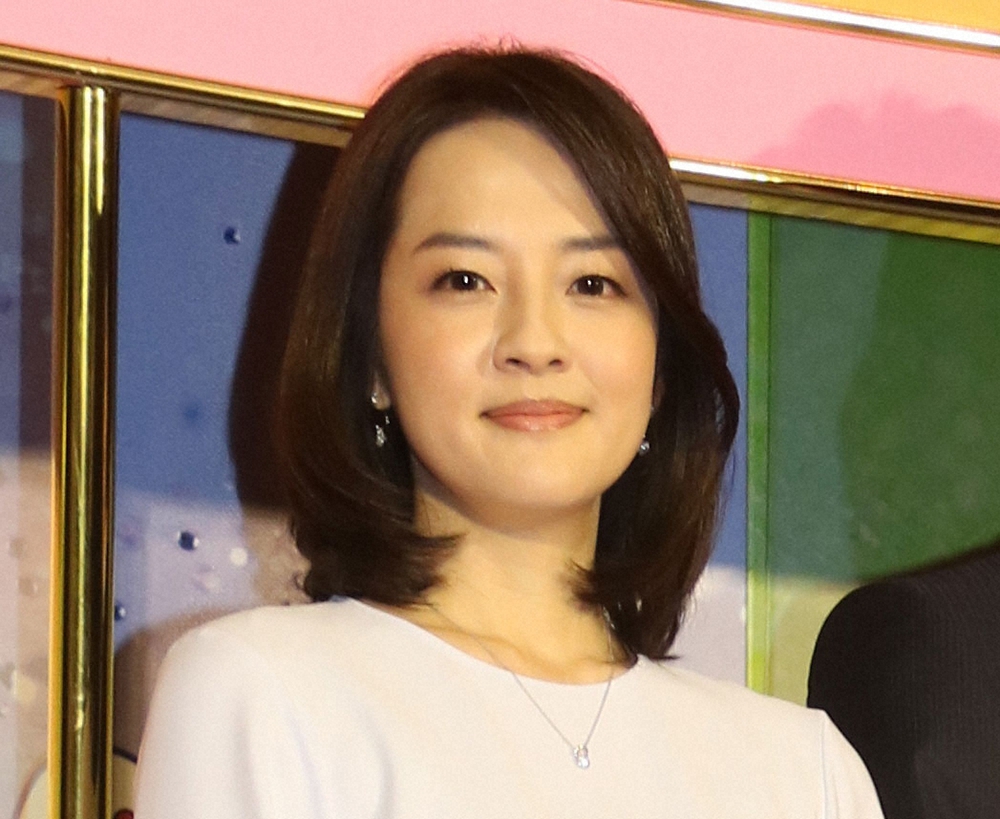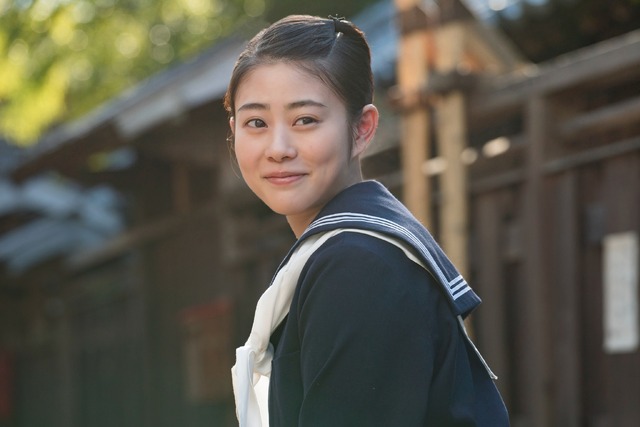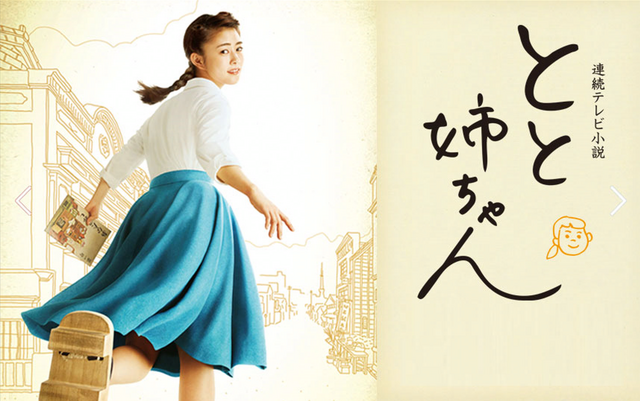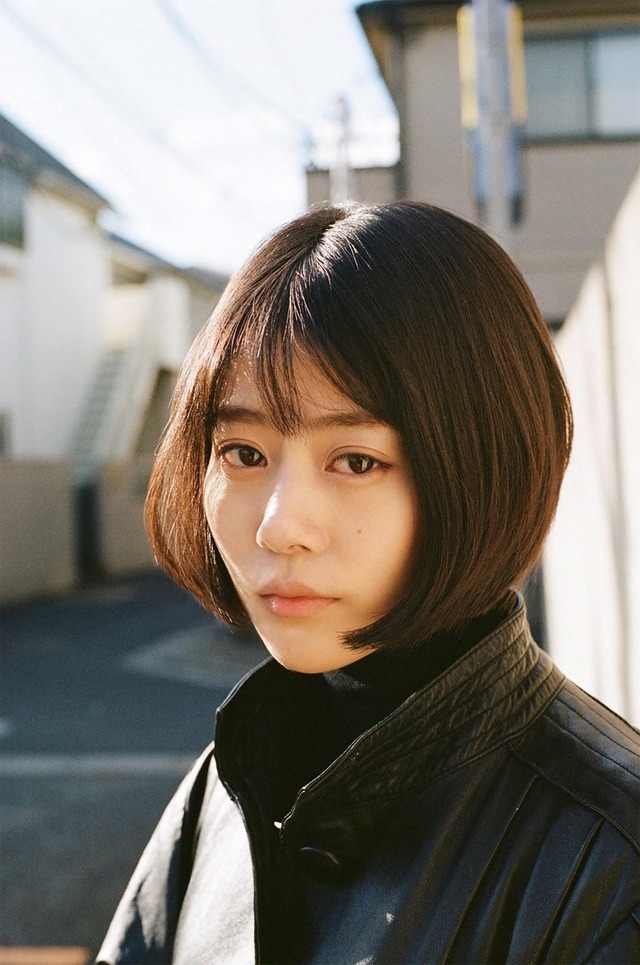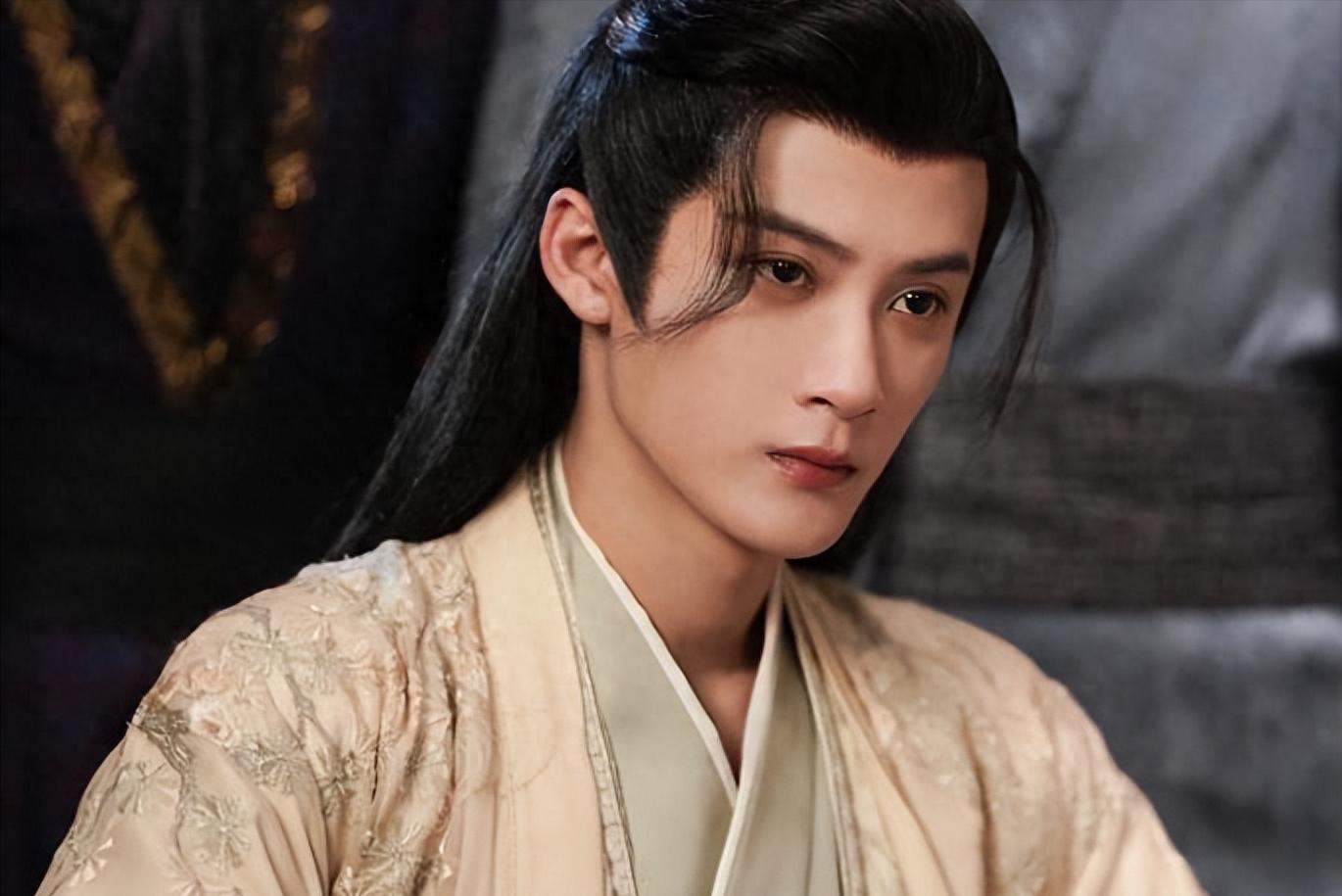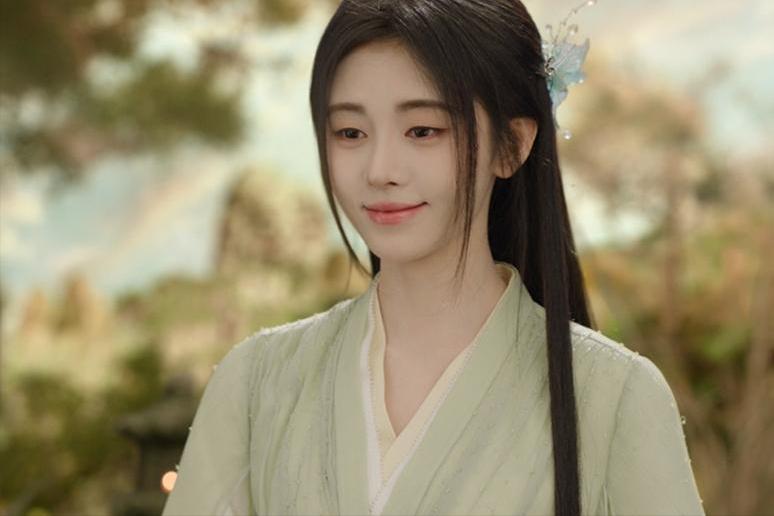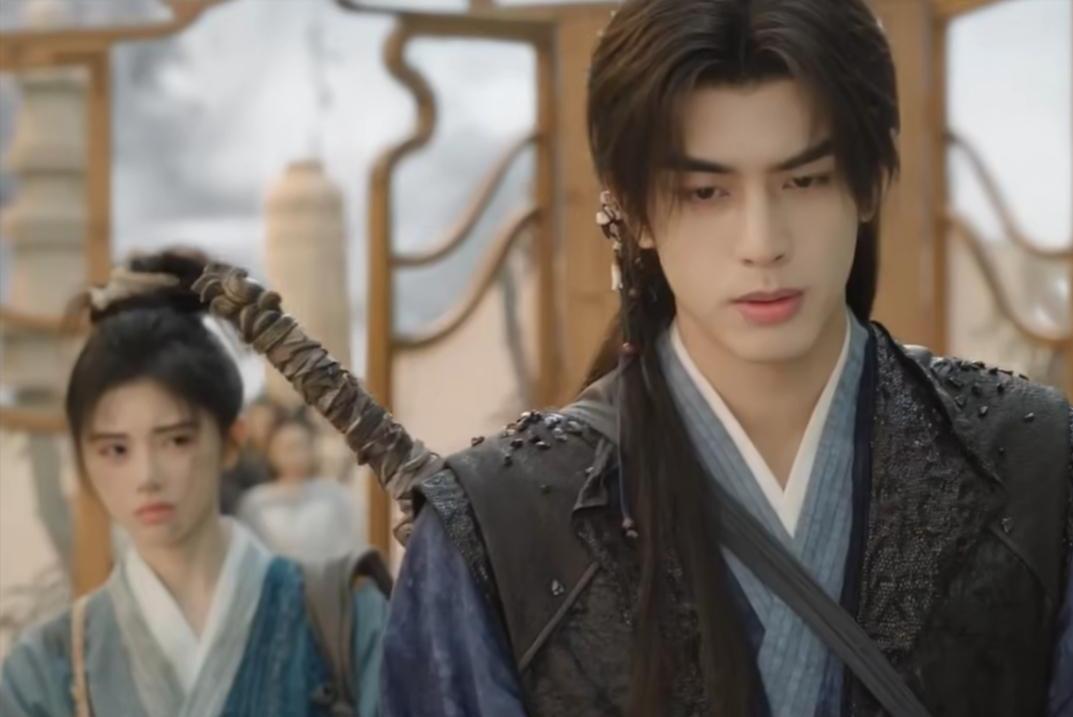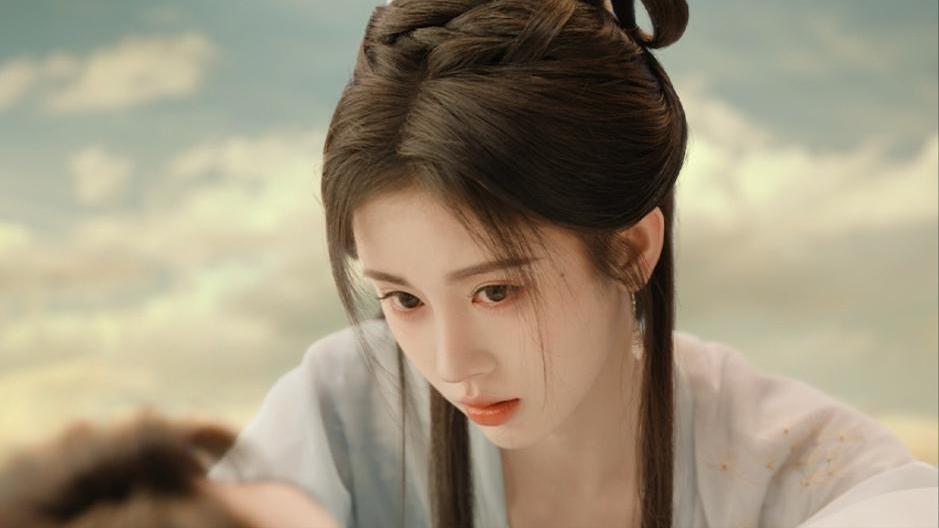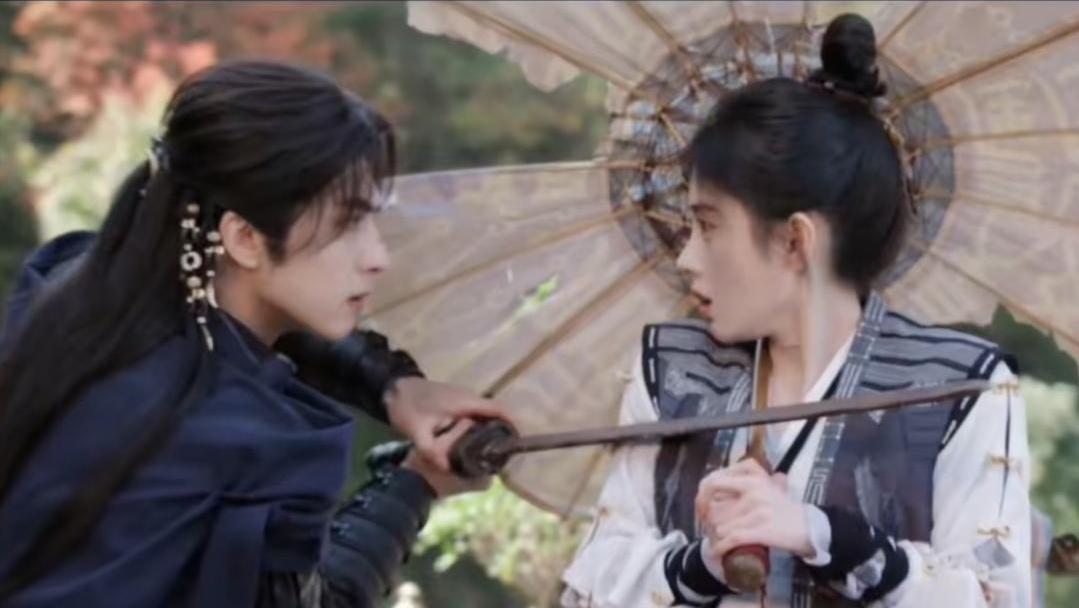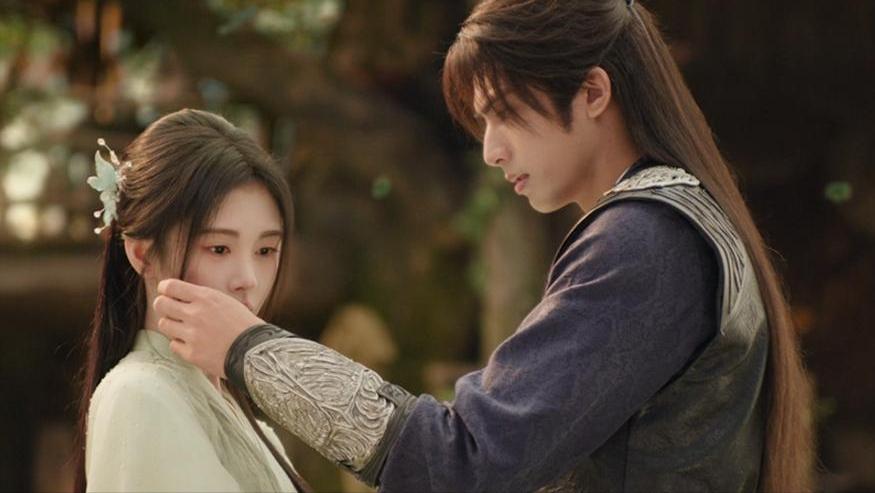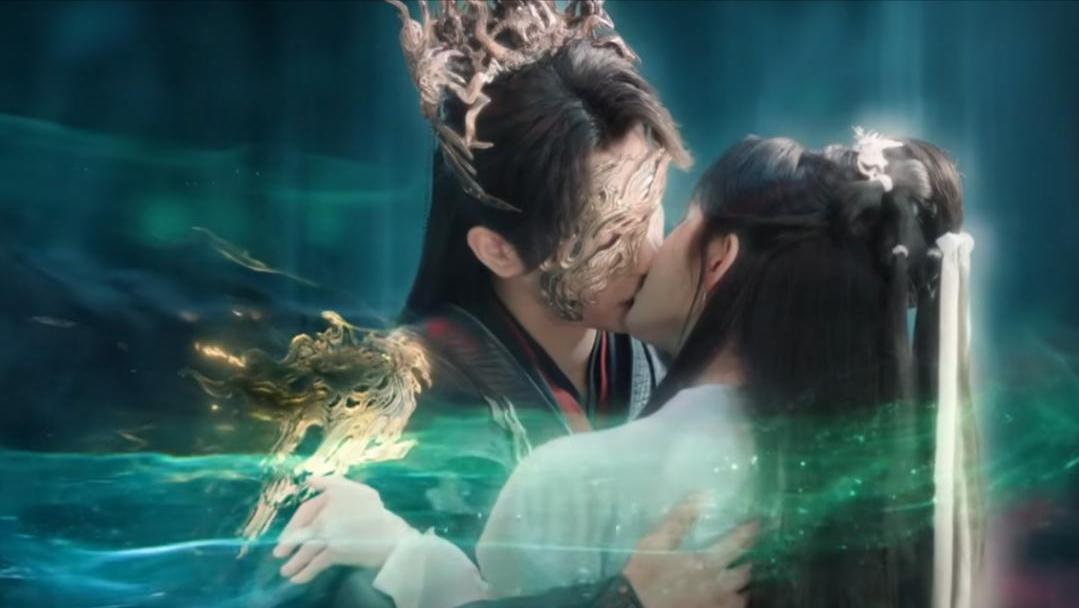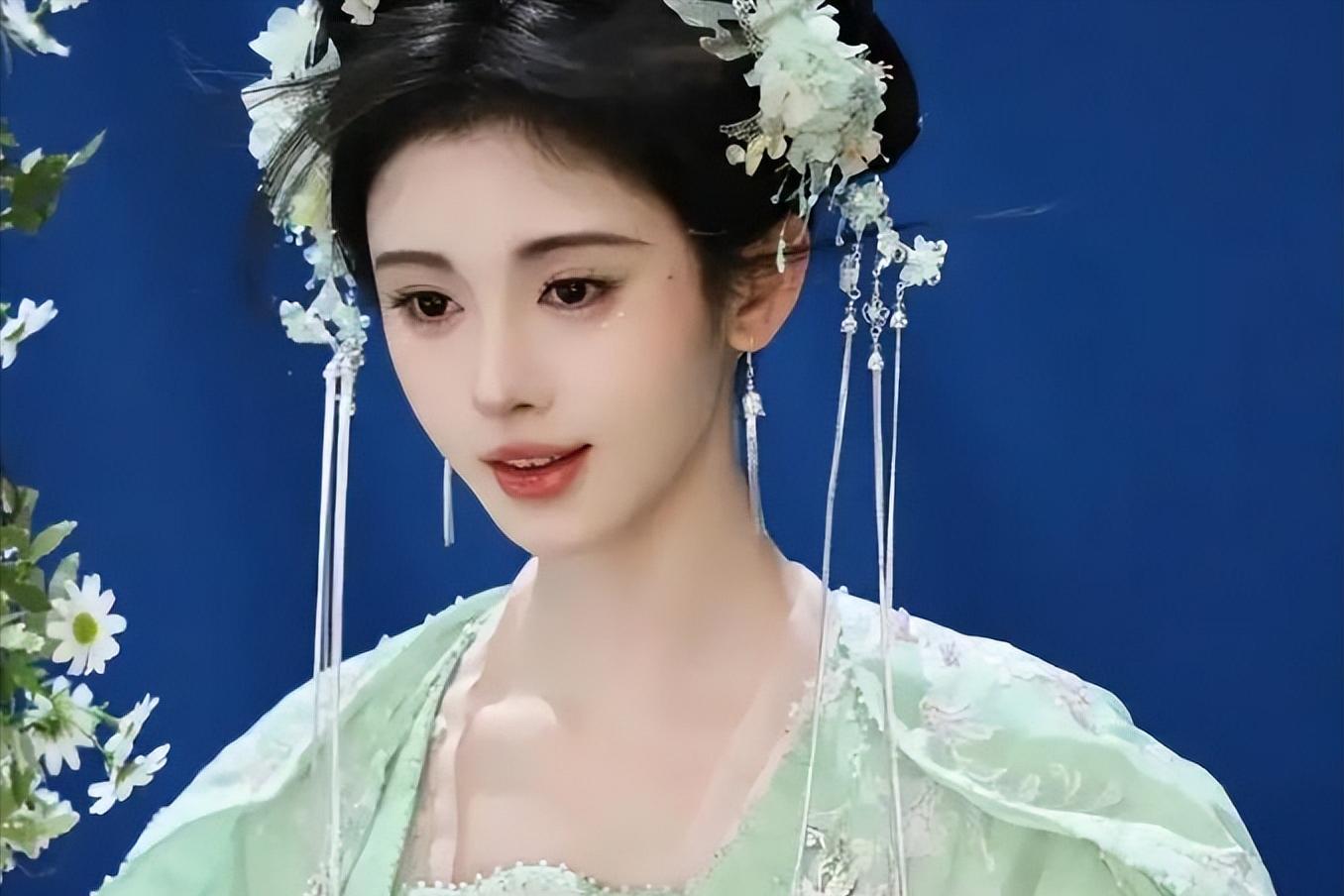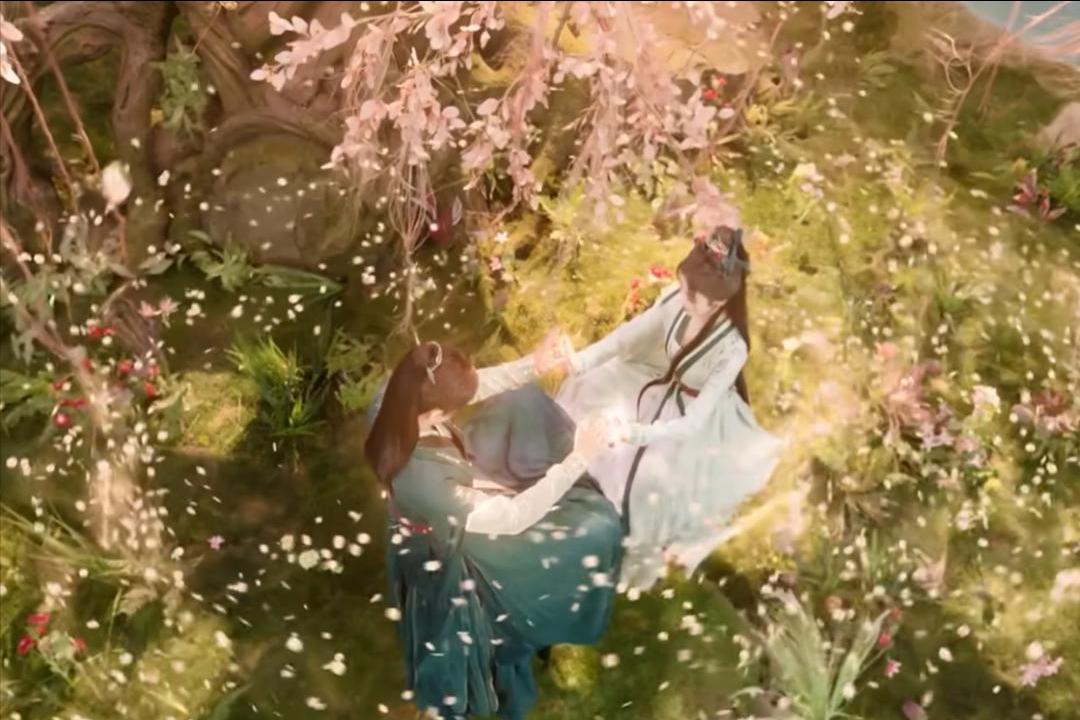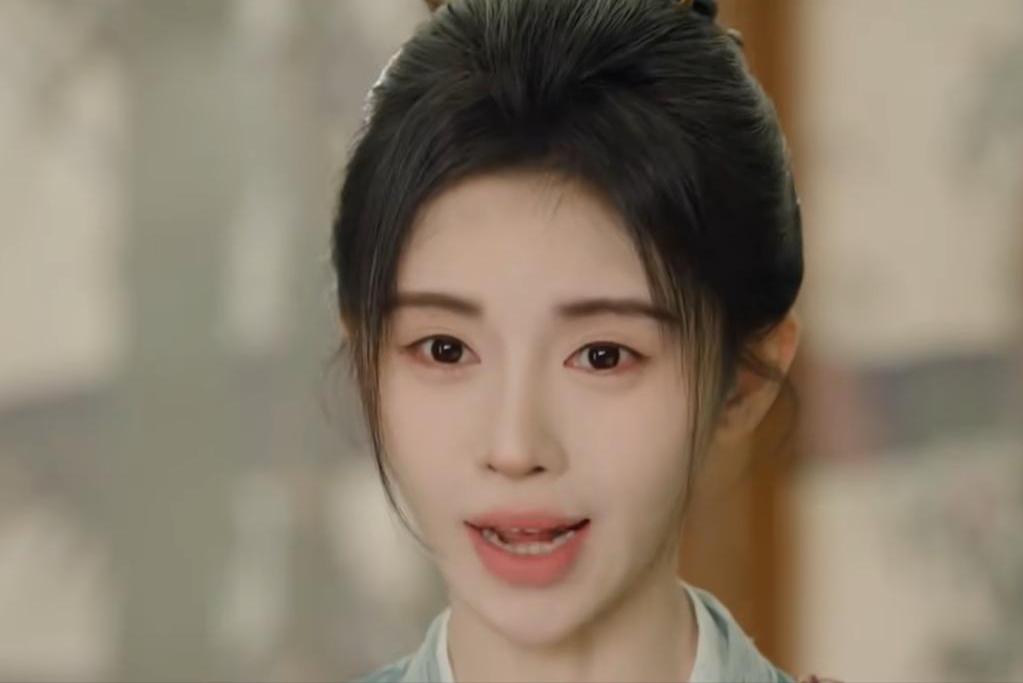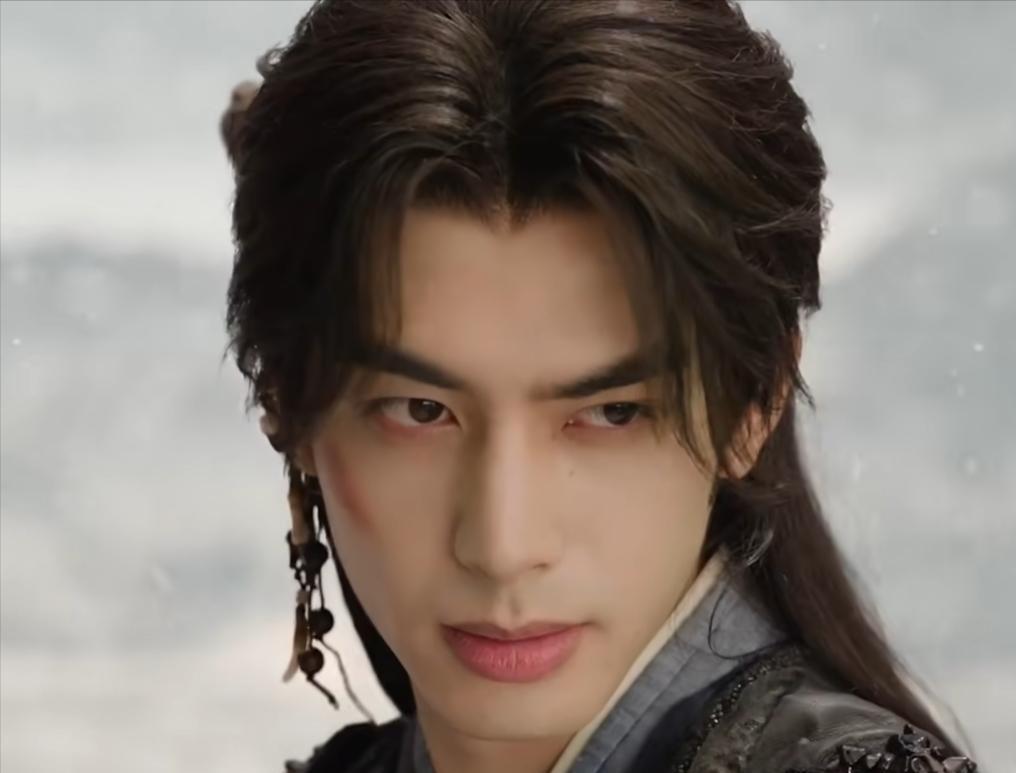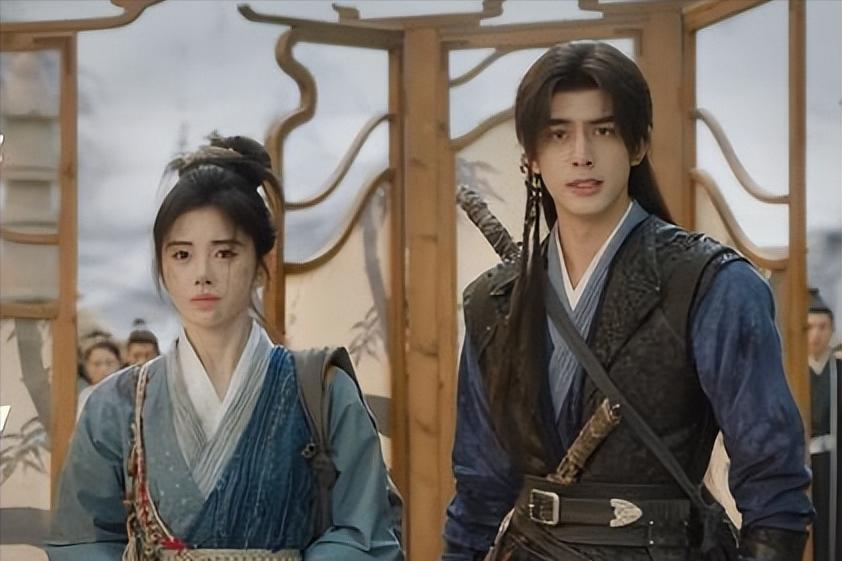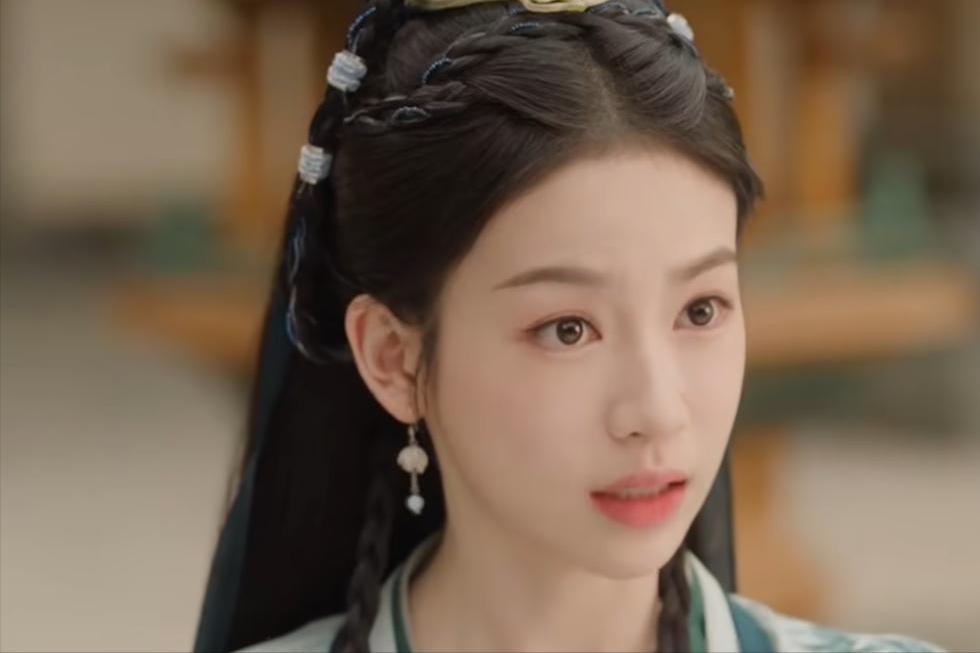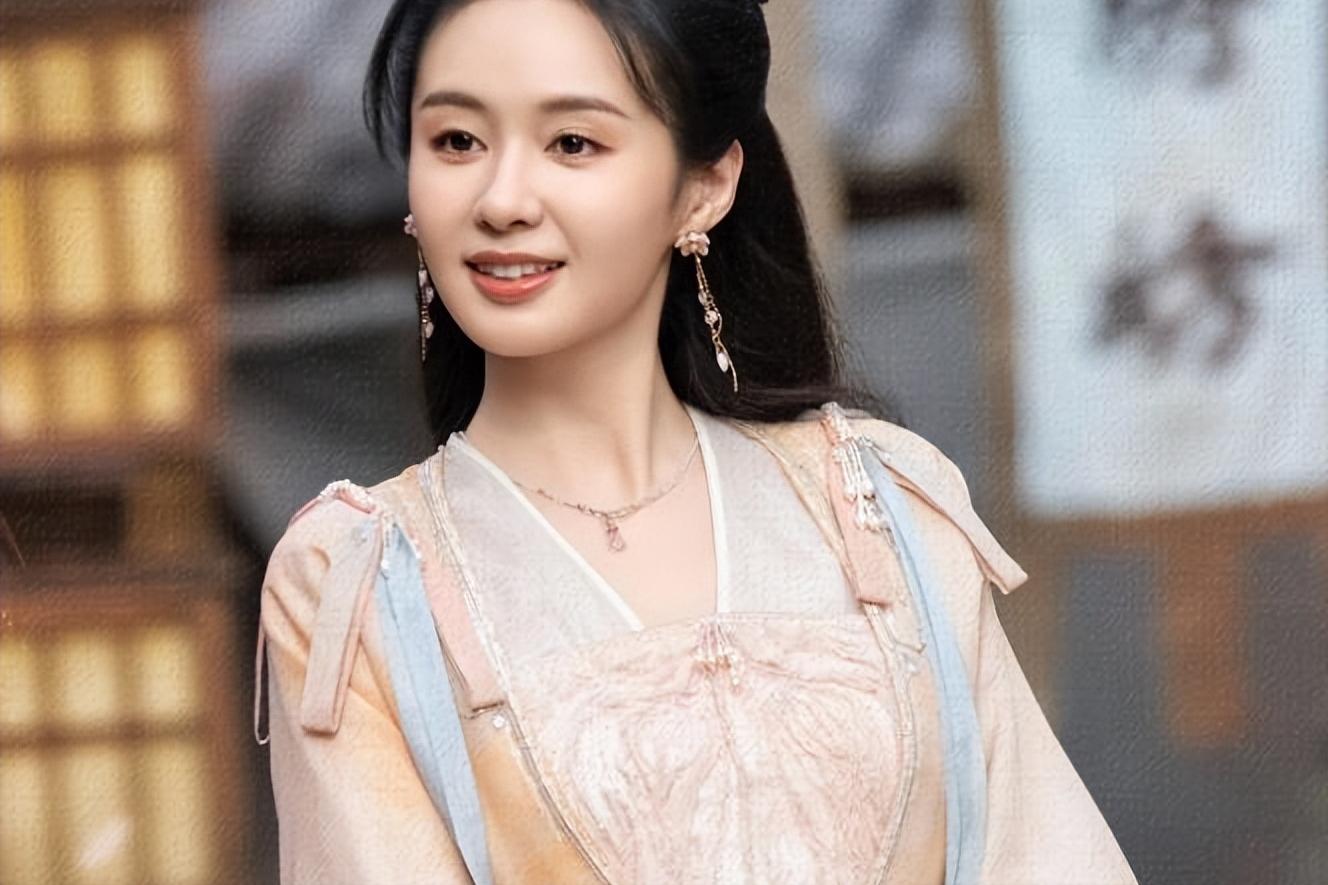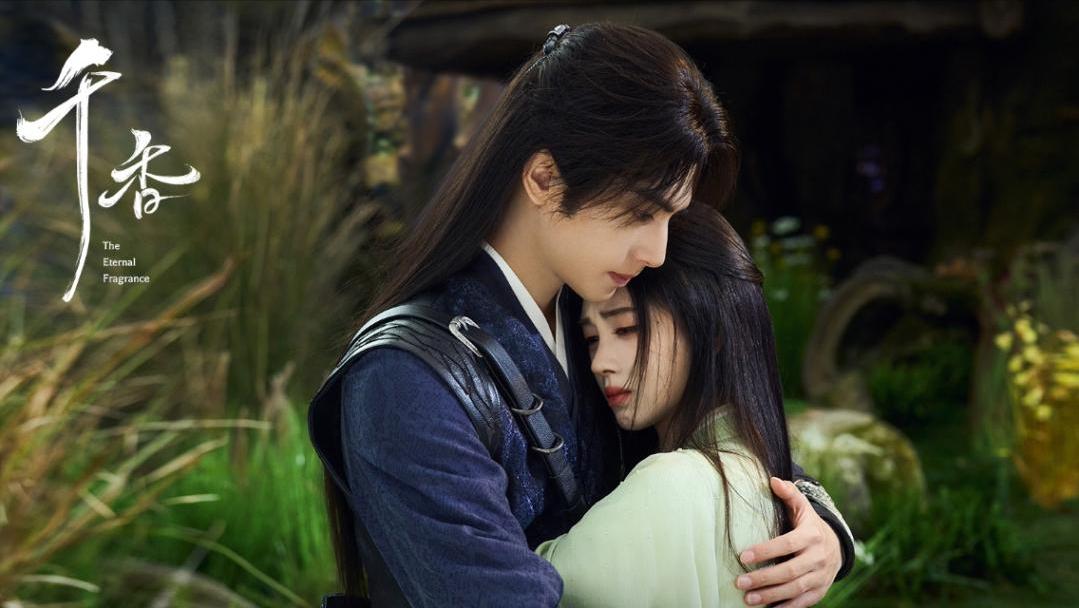The 1950s was a decade filled with some of our best classic TV, and one of the most beloved shows to come out of that era was
Adventures of Superman
, starring George Reeves as television's very first version of the Man of Steel (you may actually recall the time that he appeared in an episode of the iconic
I Love Lucy
). Debuting in the pages of
Action Comics
in 1938, the character had, by the time the series premiered in 1953, been the star of a long-running radio drama, big-screen animated short films, a pair of movie serials and the 1951 Reeves feature
Superman and the Mole Men
. But it was
this
take that would capture the imagination of fans for several generations.
George Reeves, a struggling actor at the time, came into the role with very little awareness of the character and certainly no sense of how it would impact his life - not all of it for the good, as things would ultimately end quite sadly for him after the series completed its run in 1958.
In this exclusive excerpt from the definitive
Superman oral history book,
Voices from Krypton
, we look at the life, career and tragic death of George Reeves.
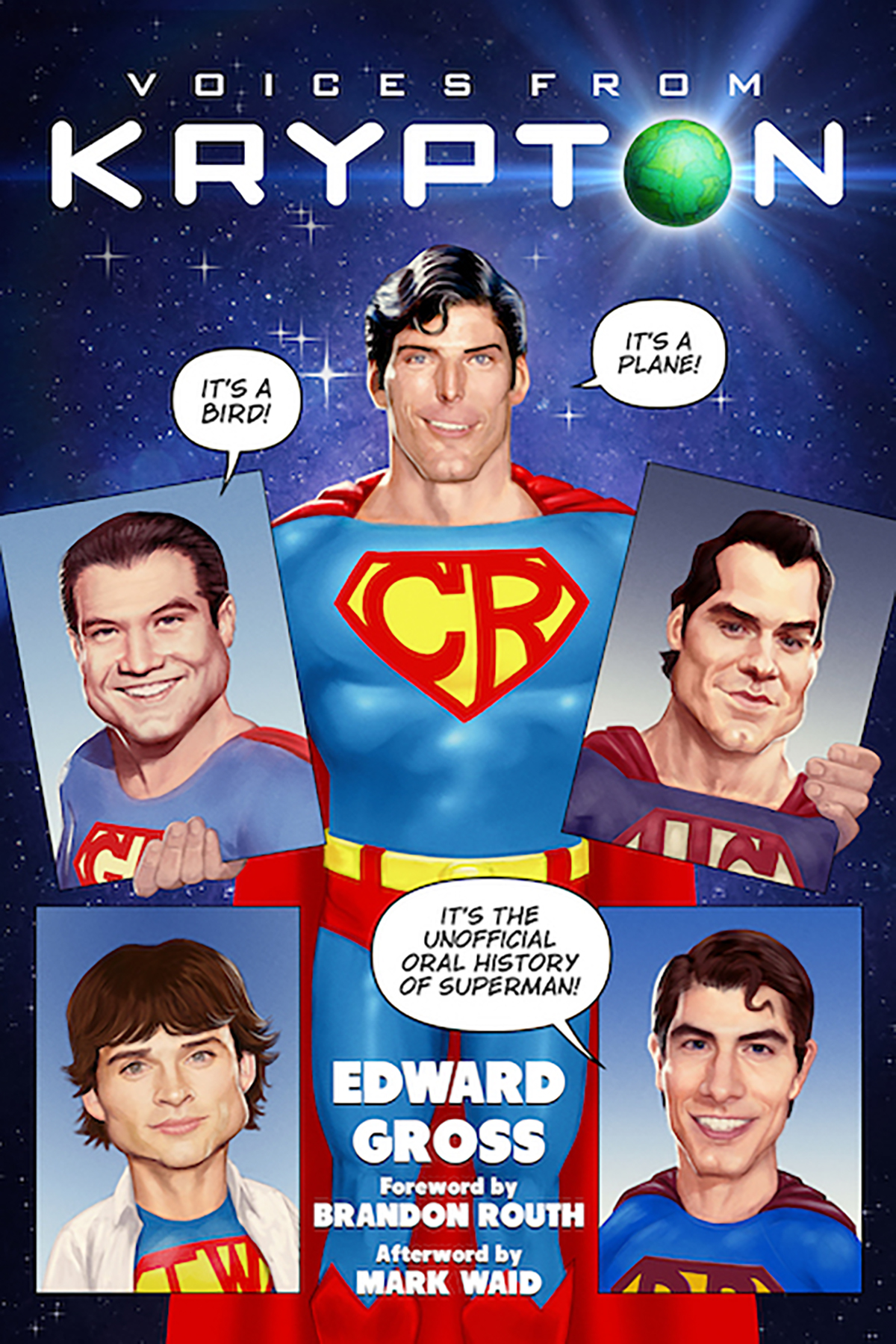
The cover of the Superman oral history book,
Voices from Krypton
CHUCK HARTER (author,
Superboy & Superpup: The Lost Videos
):
In May of 1951, Robert Maxwell, who had acted as producer of the radio series, along with colleague Bernard Luber, formed a production company called Superman Incorporated for the express purpose of producing a new television series featuring Superman. The first project to be lensed was
Superman and the Mole Men
. This would later be edited into two episodes entitled "The Unknown People." But the first task at hand was to cast an actor in the dual role of Superman and Clark Kent.
After several auditions, George Reeves, a film veteran who had appeared in various motion picture productions since his film debut in
Gone with the Wind
in 1939, was cast in the lead role. He proved to be an ideal choice, bringing a strong degree of believability in his portrayal of a stern avenging Man of Steel and a crusading newspaperman in the form of Clark Kent.
What Superman actor would you like to see profiled next?

Entertainment
When Lucy Met Superman: The Forgotten George Reeves 'I Love Lucy' Episode
Something of a seismic moment in television history took place on January 14, 1957, when two iconic elements of the 1950s came together spectacularly as George Reeves, who had beautifully captured the imaginations of children around the country with his portrayal of the Man of Steel on the series Adventures of Superman, appeared - in character […]
JIM BEAVER (actor, George Reeves' Biographer):
As I began to dig into George Reeves' story, it seemed much more interesting than I had realized. Obviously most people come to George Reeves with one or both of two angles. One is that he played Superman and the other is the controversial circumstances of his death. But what interested me is the fact that here was a guy who got pretty famous without ever really getting the trappings of success. Oscar Wilde said there are two tragedies in life. One is not getting what you want and the other
is
getting what you want. In some ways, George Reeves got what he wanted, but it didn't play out the way he'd hoped. I'm an actor myself, I've made my living at it, so I felt a real kinship for him, because this is a success story with very little actual success attached to it. This is not an actor who got rich and famous. It's accurate he got famous. Not that riches are the only interesting part.

George Reeves as Superman and Phyllis Coates as Lois Lane in 1951's
Superman and the Mole Men
.
JIM NOLT (webmaster,
theadventurescontinue
):
George never fully realized how loved he was. He wanted to be admired for his talent and never knew the recognition he would have received if he had been around just a little while longer.
GARY GROSSMAN (author,
Superman: From Serial to Cereal
):
I believe, just as Adam West had been adored and found by new fans in life after
Batman
, especially on
Family Guy
where he was Mayor Adam West, George Reeves, had he lived into the '70s and '80s, would have been the go-to guest star on everything from
Family Guy
to
The Love Boat
and other types of shows. Jack Larson [Jimmy Olsen on
Adventures of Superman
] said that George told him, "If I only knew I had adult fans, I'd feel better. I'd be happy." But he didn't have the opportunity to see all the adult fans grow up and recognize that people of all ages, even in the 1950s, were watching
Adventures of Superman
.

Entertainment
‘Superman Movies': All 9 Films Starring The Man of Steel, Ranked
From Christopher Reeve to Brandon Routh to Henry Cavill, all the best are covered here!
He was born George Keefer Brewer on January 5, 1914 in Woolstock, Iowa to Donald Carl Brewer and Helen Lescher early on in their marriage. Shortly after his birth, they separated with George and his mother moving to Illinois. Eventually mother and son ended up in California, where she met and married Frank Joseph Bessolo, who adopted George in 1927. George, in turn, took his new father's last name. The marriage lasted 15 years before divorce, the couple separating while Reeves was visiting relatives. Upon his return, he was told that his stepfather had committed suicide.
JIM NOLT:
George found himself under the sole care of his mother, who, it was often said, was slightly doting and over protective. And it wasn't until he enrolled at Pasadena Junior College that he discovered Bessolo wasn't his actual father.
GEORGE REEVES:
It was during spring housecleaning, with everything all torn up, that I came across a picture of a good-looking guy, a big fellow, and idly asked who that was. Mother said, "Oh, that's your father," and then stopped dead when she realized what she'd said. Well, I went right after her. I wanted to know who he was and all about it. Then I learned she was 16 when I was born, that she divorced him before I was a year old and that when she married Bessolo, he adopted me. I've never seen my father or heard of him. Don't know whether he's alive or dead. But Bessolo was a grand fellow, never had said a word about the adoption to me. I thought I was Italian, little Georgie Bessolo, who talked Italian and Spanish with the other Bessolos and ate spaghetti, and all of the rest of it. And then I found out I was Irish. All Irish. (
The New York Sun
, 1943)

George Reeves in 1940
MICHAEL J. HAYDE (author,
Flights of Fantasy: The Unauthorized but True Story of Radio & TV's Adventures of Superman
):
Growing up in Pasadena, and attending its community college, George was undoubtedly aware of the drama students who moved on to the prestigious Pasadena Playhouse. And once he made his decision to try acting, he enrolled there. Hollywood talent scouts were always in attendance, and after a few years of "seasoning," he got his break.
GARY GROSSMAN:
George was a boxer in high school, on a Golden Gloves trajectory. He was doing well, but from what I understand, his mother said, "You have too pretty a face to keep doing this." Instead, he went to the Pasadena Playhouse and began taking classes. He became secretary to the director there and that got him to travel a little bit.

Entertainment
Robin Williams and Christopher Reeve: A Friendship That Stood the Test of Time
Can you imagine Mork from Ork and Superman from Krypton being the best of friends? Actually, given their mutually hopeful outlooks on life and love of humanity, there's nothing far-fetched about the idea at all. But at the same time, the men who brought those iconic characters to life, Robin Williams and Christopher Reeve, shared […]
MICHAEL J. HAYDE:
Reeves was both gregarious and drawn to physical activity. When boxing didn't work out, acting was a way for him to engage in something physically strenuous and also draw upon his natural charm. Plus, he was blessed with an exceptional memory, making it easy to remember lines.
GEORGE REEVES:
I went over to the Community Playhouse in Pasadena just to learn how to get on and off a stage. I wound up staying there for five years and became a Shakespearean actor. We were thinking about stage contracts. The movies seemed too far away. We all had our eyes on Broadway. (
St. Louis Post-Dispatch
)

George Reeves in a production of
Nightshade
at the Pasadena Playhouse.
It's important to mention the one aspect of George Reeves' life that seems to have been lost to time, which is the fact that between 1940 and 1950 he was married to fellow Pasadena Playhouse actress Ellanora Needles.
JIM NOLT:
I spoke to Ellanora several times and she had nothing but positive things to say about George. Practically to the level of praising him. By all accounts they had a good marriage for most of the years they were together, but according to Ellanora, she left him when they lost some money on an investment and someone richer came along and "swept me off my feet." She was not proud of that, but those were her words. George was deeply hurt and preferred not to talk about Ellanora after that.

Entertainment
The ‘Smallville' Cast: Catch Up with the Stars of the Road-to-Superman Drama
Find out where else you recognize the stars of the series from
His first on-screen role was in
Gone with the Wind
(not a bad way to start), as Stuart Tarleton in a short sequence early on the film.
After
Gone with the Wind
, George returned to the Pasadena Playhouse, where he scored his biggest role to date: The lead in a play called
Poncho
, in which he used a Mexican accent. After the first night, he had offers for tests from Paramount, Warner Bros and 20th Century Fox. Warner tested him first and signed him immediately.

George Reeves made his film debut in 1939's
Gone with the Wind
.
For the next two years he played minor roles in some of the bigger pictures at the studio, and leads in a few of the minor pictures. Despite all this, those two years didn't do a lot to advance his career and he remained a relative unknown in the business. His contract with Warner dissolved by mutual consent, and he signed a new one with Fox, which led to a few more roles, but nothing significant.
GARY GROSSMAN:
George had leading man good looks in a Warner Bros way. I say that because his first contract was with them and he was in a series of shorts, but then put into a bunch of James Cagney movies. With his jaw and his nose - his broken nose from boxing - he kind of fit in with the tough guys from the Warner Bros stock company, whether it was Cagney and Bogey or George Raft and others.

George Reeves starring in
Argentine Nights
with the Ritz Brothers and the Andrew Sisters in 1940.
GEORGE REEVES:
I decided that I knew about horses even if I didn't know how to get ahead in Hollywood, so I thought I'd get me a job in Westerns. Anyhow, I knew a swell girl, Tedi Sherman, who'd studied at Pasadena. She introduced me to her father, Harry. He put me to work in a beard as a villain. I did everything around that lot. And finally there was an opening in the Hopalong Cassidy leads; I became one of the trio which carries the pictures. It was fine. It was fun. (
Schenectady Gazette
)

Entertainment
Bill Bixby: The TV Icon's Biographer and Colleagues Share the Secret Side of ‘The Incredible Hulk' Star (EXCLUSIVE)
We thought we knew him through his classic TV shows, but the actor kept so much about himself private
This, in turn, led to him co-starring with Claudette Colbert in
So Proudly We Hail!
, and Paramount deciding to sign him up for two films a year. While
So Proudly We Hail!
seemed to signify a true launch for George's acting career, in early 1943 he decided to put it on hold by enlisting in the U.S. Army.

George Reeves and Claudette Colbert standing out on the deck in a scene from the film
So Proudly We Hail,
1943.
GEORGE REEVES:
I guess it was the picture; I couldn't get it out of my mind. I didn't bring up the fact that I was an actor. You know how people feel about actors. I didn't ask for special duty; so I went right along with the others. That was fine for a while. Then one of the men saw me in a picture and everyone asked why I hadn't told them I was an actor. That was fine, too, except that they began giving me special duty work as an actor. I'd do my regular job in the daytime and often give a show at night. It could have been all right, except that I couldn't do both jobs well, so I asked that I be assigned to either one; wherever I fit best. But it's all strictly G.I. with no one getting any publicity. (
The New York Sun
)

Entertainment
Adam West Reflects on ‘Batman' and Fame in an Unpublished Interview
In the world of pop culture, the 1960s birthed a lot of "manias," but there's no question that the biggest were Beatlemania in music, Bondmania on the big screen and Batmania on the small, which Adam West, who was at the center of the latter as the star of Batman television series, refers to as […]
GARY GROSSMAN:
George didn't go into the infantry, he went into the entertainment corps and traveled with various shows. What happened, though, is that when he came back three years later, the movie industry had changed. People were not picking up contracts. He'd end up in B movies, playing bad guys and good guys, and it was like he had gone back to the beginning in a way.
GEORGE REEVES:
Things got tough and I started digging cesspools. I'm not one of these four-figures-a-week actors. Don't get me wrong, I'd like to be. I can live on what I make, if I work regularly. But when five months go by and no movie job comes up, you begin to worry a little. Especially if you have a wife to support and a one-acre estate to pay for. I'm not worrying. More and more people are moving out our way, and they all need cesspools. (
Long Beach PressTelegram
)

Behind-the-scenes shot of George Reeves on the set of
Adventures of Superman
.
When the decision was made to produce the syndicated series
Adventures of Superman
, George auditioned for and was cast as the Man of Steel.
GEORGE REEVES:
When I was offered the part, I said, "Superman, what's that?" I'd heard of the comic strip, but that's all I knew. Then I said, "Why not?" and went to work. It started as a batch of 25 pictures and it got to be fun, but then it became a whole career. You have to get used to being laughed at and have to laugh at yourself a little. At first I wasn't too sure [about doing the show], but any actor likes his own series, though it means identification with one character. So I took the job and the show has grown like Topsy. It's sort of a fairy tale. Sort of St. George and the Dragon all over again. (
St. Louis Post-Dispatch and the Press-Telegram Long Beach
)
JIM NOLT:
Although it was a role he seemed born to play, it must have been difficult for him to spend his working days in the dual role of Clark Kent and Superman. He so often climbed into the flying rig, jumped off ladders and out of windows, collared crooks and saved the entire city of Metropolis from a multitude of close calls. The hours were long, the pay was short and undoubtedly it was not satisfying professionally.

Interacting with children and bringing them joy was a highlight of playing Superman for George Reeves.
GEORGE REEVES:
Our idea is to give the children good entertainment without all the guts and blood and gore. We think the series should teach them something, too. That's why I decided to do this. In
Superman
we're all concerned with giving kids the right kind of show. We don't go for too much violence. Once, for a big fight scene, we had several of the top wrestlers in town do the big brawl. It was considered too rough by the sponsors and producers, so it was toned down. Our writers and the sponsors have children and they are all very careful about doing things on the show that will have no adverse effect on the young audience. We even try, in our scripts, to give gentle messages of tolerance and to stress that a man's color and race and religious beliefs should be respected. (
TV Radio Life
)
Connecting with children was one of Reeves' primary interests, and during the show he worked with underprivileged kids, sponsoring, along with friends Henrietta and Nativdad Vacio, something that was called the Mambo Club.

George Reeves dressed as Superman with Queta and Nati Vacio.
GEORGE REEVES:
When I was in motion pictures, Natividad, who is a close friend of mine, was telling me about the youngsters at the school. He mentioned that no one ever came to see them - no one of any kind of prominence, that is - so he asked if I would come over and talk to them. I said I'd be glad to. I spoke the Spanish language, which is probably unique for an Irishman like myself. Anyway, I brought my guitar along and Natty and I not only talked to the boys and girls, but we also put on a show for them. From that moment on, I became interested in these young people. I was also supposed to attend a meeting of the club - and there was some interest among the boys and girls in seeing Superman. Since there were about 150 in the club, I was totally unprepared for the mob that greeted me when I went to the school. There were about 3,000 children waiting for me. I managed to get to the recreation hall and I talked to them until the police finally had to come and send the kids home. There was just too much of a mob to handle. (
TV Radio Life
)

George Reeves participates in a Milwaukee parade dressed as Superman.
CHUCK HARTER:
During early and mid-1955, Reeves began to increase the frequency of his personal appearances. As well as riding in several parades, he visited many children's hospitals and orphanages.
MICHAEL J. HAYDE:
At the time he started doing personal appearances, he realized, "Okay, this is it. Unless I become a director or work behind the scenes, nobody's gonna cast me in anything really important again." So there were personal appearances for extra money and there was him eventually getting the opportunity to direct three episodes when it looked like production was going to wind down for good. He was doing what he felt he needed to do to eat regularly.

George Reeves and Judy Nugent from an episode of the series.
JIM NOLT:
Sometimes he would agree to appear in costume, other times he just preferred to be Clark Kent. If he was up on stage, away from the crowd, he didn't mind being Superman, only because they couldn't put as much direct pressure on him to do certain things. There he was more in control of what he was doing. If he was surrounded by kids, he wanted to be Clark, because they wouldn't put that same pressure on him.
CHUCK HARTER:
In later interviews, Art Weissman, Reeves' manager, explained that if the kids were too young, they would ask and expect Superman to fly, and would be disappointed when he couldn't. He would then appear as Clark Kent. For an older crowd, he would appear as Superman and explain how the flying rig worked.

Superman (George Reeves) gets ready to take flight in this behind-the-scenes image.
GEORGE REEVES:
I told them that the flying is accomplished through an elaborate rig instead of wires. We discarded wires when I fell 30 feet once. As for my jumps, which I'm always taking, I explained that they were done with the help of a springboard from which I took my dives. I didn't say that I usually land in a net. Occasionally I miss the net, but there are always two or three Supermans warming up in case I don't come out of a dive too well. I do all my own stunts, which consists of going through windows and walls and, of course, jumping. The highest jump I ever did was 20 feet. To keep physically fit, I do tumbling and calisthenics, primarily to learn how to fall without being hurt. (
Statesman Journal
)

Entertainment
Lee Majors: 15 of His Most Iconic Roles, With and Without Bionics
He appeared in 'The Big Valley,' then moved on to 'The Six Million Dollar Man,' and later took part in 'The Fall Guy.' And this is only the beginning!
GARY GROSSMAN:
George attended numerous personal events to earn more income since he received very little compensation from his regular activities.
Adventures of Superman
It meant greater earnings for him. Although I didn't have the opportunity to meet him personally, countless photos have shown me just how much happiness radiated from his expression as well as from those who had conversations with him.

George Reeves at ease with his friend Sam.
GEORGE REEVES:
The burden of being Superman is not a light one. In fact, it's a frightening responsibility. I can never go in a bar or smoke a cigarette, because Superman doesn't do those things. And I can't get in arguments in public. And like champion prizefighters, I'm always beset by some character who wants to boast that he took a poke at Superman. I had to take up judo in self defense. There is a certain small segment of the public which apparently delights in trying to prove that I'm a bum. You know the type. They come swaggering up to you, all sneers, and look you right in the eye and say, "So, you think you're Superman, eh? You're not so tough. I can lick you easy." And then, pow!" A trained boxer, he could take on these people, but someone in the public eye, like a Jack Webb or a Roy Rogers or any of the others, just can't do that sort of thing. George Reeves could punch one of those idiots in the nose and and nobody would care, but "Superman" can't. He'd be criticized for taking advantage of his supernatural powers. So, paradoxically, I've been forced to learn a few judo powers, which are even more effective than the things Superman himself is supposed to be able to do. (
Statesman Journal
)

George Reeves at home, playing the guitar.
By 1956, Reeves' frustration with the role and the way he was treated by others, particularly the media, was growing apparent. For instance, in May of that year, he had gotten into a car accident, which generated headlines like, "Superman Sues for Damages After Wreck" and "Superman is Hurt Like Other Mortals."
In August 1956 he made an appearance on
The Perry Como Show
- being hosted by Tony Bennett - to sing accompanied by his guitar. By December of 1957, word reached the media that George Reeves' contract for
Adventures of Superman
had come to an end and that the show itself was drawing to a close. At the time, his attitude seemed to be a fairly healthy one, telling the
Los Angeles Times
- the reporter for which asked him if he had sold out by accepting the part of Superman - that he hoped to move into directing.

George Reeves posing in his backyard as Superman.
GEORGE REEVES:
How can a starving actor sell himself out? I wasn't doing anything when this chance came along. The way I look at it, a working actor is a good actor, no matter what he's doing. Until I got my cape and badge of courage, I was never the height of success. You know, some people may not be aware of it, but I've done other things besides playing Superman. I wanted to be a singer, but I got my start in Hollywood with
Hopalong Cassidy
. If you remember those early "Hoppy' movies," I was the kid who used to look at Cassidy and shout, "Gee, Hoppy, what're we gonna do now?"
From that I graduated to roles with Claudette Colbert. When the war came along, I wound up in Moss Hart's Army production of
Winged Victory
and in 1946 I went back to Paramount. Except for the Sgt. Stark role in
From Here to Eternity
and a new part coming up in Walt Disney's
Westward Ho! The Wagons
, I haven't done much else. That's why I was glad to get this spot with Tony Bennett. It gave me an opportunity to prove again that I haven't always been Superman. After the series, it's like Hopalong Cassidy trying to get an acting job in white tie and tails. Producers wouldn't give me a job. They'd take one look at me and say it was impossible.

Original caption: American actor George Reeves, best known for his role as Superman in the television program
Adventures of Superman
, standing next to a train, circa 1950s.
The idea of directing appeals to me. I took over as director on the last 13 Superman segments we made last fall. I did it as sort of a chance, but I was surprised to find out how much I knew. I suppose you ought to absorb some knowledge after being in the business as long as I have. Now I'm enthused about doing more. I'm forming a production company and we plan to make a couple of science fictions features back-to-back. The trick stuff should come easy. We've done everything imaginable in the Superman series. (
Los Angeles Times, Akron Beacon Journal
)
That all sounded more promising than it actually was - and Reeves more optimistic than people have generally painted him to be at the time.

Between scenes, George Reeves with the mother of series producer Whitney Ellsworth.
CHUCK HARTER:
In August of 1957, prior to the filming of the sixth and final season of the Superman series, George Reeves organized and toured several state fairs with "The Superman Show." This revue featured Reeves performing musically as Clark Kent. He sang Spanish folk songs, played guitar and string bass with a Mariachi band. He also appeared as Superman in a segment of the show where he would wrestle a costumed villain named "Mr. Kryptonite." Noel Neill appeared as Lois Lane and also sang some songs accompanied by Reeves and the band. There were also various acts on the program and many charitable appearances by Reeves and Neill at various children's hospitals and orphanages.
JIM NOLT:
Unfortunately, many of those were not well attended, partly because Art Wiseman, his manager, didn't publicize them well. George lost a lot of money on that. He put his own money into that tour.
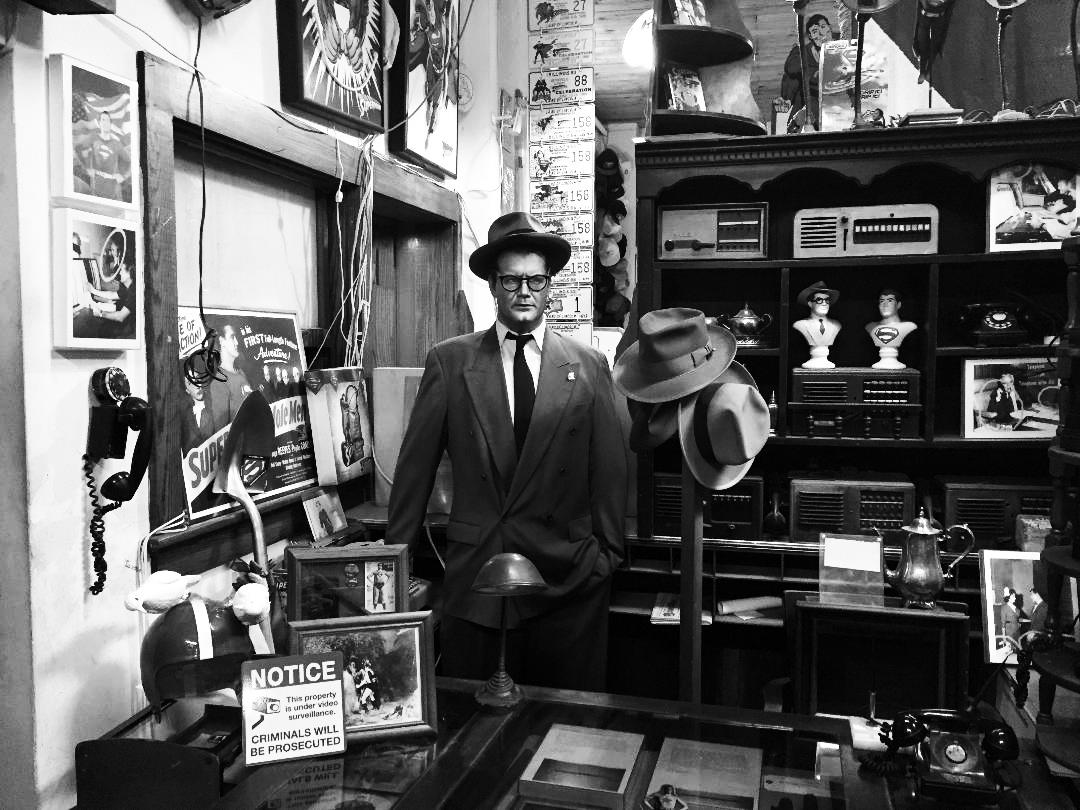
Tribute to George Reeves and
Adventures of Superman
at the Super Museum in Metropolis, IL.
MICHAEL J. HAYDE:
At that time, he was thinking about a recording career, too. He had recorded a couple of songs as demos and was shopping for a record deal. That was after he appeared on
The Tony Bennett Show
as a guitarist and singer. Of course, he also appeared as Superman, but at least he got to do his singing in a tuxedo and not in a cape and tights. My understanding is that he fronted the money expecting it to do very well, but there was one venue where there were, like, three people in the audience.
The final 13 episodes of Adventures of Superman went into production in September of 1957 at ZIV Studios, the last three of which - "The Brainy Burro," "The Perils of Superman" and "All That Glitters" - were directed by George Reeves.

George Reeves with comedian Danny Thomas, who in the 1950s was starring in
Make Room for Daddy
.
With
Adventures of Superman
ending its run in 1958 (filming having wrapped the previous year), Reeves' professional life was more or less running in place. Projects he'd hoped to develop fell through, and he was extremely frustrated with his career and with a personal life that was in turmoil. All of it would all end tragically.
In the first week of June 1959, Reeves was in a car accident, and suffered a serious brain concussion. He was prescribed several painkillers, but drank heavily besides to ease the pain.
BIOGRAPHY.COM:
In addition to his professional problems, Reeves was burdened by his relationship with longtime lover Toni Mannix, the common-law wife of Eddie Mannix, vice president of Metro-Goldwyn-Mayer. In 1958, Reeves began a relationship with a young New York socialite, Leonore Lemmon. When he broke off his romance with Mannix, she was enraged and began to harass the new couple, causing Reeves to file for a restraining order against his former lover. On June 16, 1959, Reeves was found dead in his bedroom from a gunshot wound to the head. He was 45 years old. The police ruled his death a suicide, but rumors quickly surfaced that Reeves was murdered. Although Lemmon and Mannix were both suspected of killing Reeves, no arrests or convictions were made. His death remains shrouded in mystery.

(Original Caption) Lenore Lemmon (left), the fiancee of TV Superman George Reeves, leaves Reeves' home following the actor's suicide here, June 16th. Miss Lemmon, an actress, said she planned to marry Reeves on June 19th. The man at the right is unidentified.
RIP VAN RONKEL (screenwriter):
George Reeves had been unhappy, because everyone thought of him as Superman, not as an actor. George was not a weak man, but he was soft and sensitive and this jungle we live in out here killed him. They couldn't make a buck off of him anymore, so they discarded him. (
Mirror News
)
GARY GROSSMAN:
George was going through a lot at the time he died.
Superman
producer Whitney Ellsworth said he had been in a traffic accident not too much earlier. He loved to drink, but Whitney said he was on these painkillers and really didn't know what he was doing at the moment. That was the story I believed for a long time, and I think Jack Larson tended to follow that story. But then Jack said "No, no, no, I believe he did not take his own life."
You also have to remember that in those days, MGM was a very powerful studio with very powerful tentacles into the LAPD and into the gossip columnists and into the legitimate press. Eddie Mannix was powerful enough to keep stories out of the press. His wife, Toni Mannix, was unhappy. Maybe somebody said something to somebody and somebody did something and that's what I choose to believe. Leonore Lemmon did do interviews for
Entertainment Tonight
and
Inside Edition
, and kept to the story about suicide, but there have been reports that Toni Mannix, on her deathbed, confessed. I don't know if that's true. I will say, though, that George was the first time that I was really aware of somebody dying. I remember the headlines and going to school the next day and we were all shocked, because the headlines were, "Superman Kills Self."

(Original Caption) Mrs. Lescher Bessolo, (C), mother of the late actor , George "Superman" Reeves, leaves the funeral services for her son with Attorney Jerry Geisler, (L) and an unidentified funeral attendant.
MICHAE J. HAYDE:
I went through what everybody goes through, and here's the progression: you hear that George Reeves shot himself in the head. You go back and scroll through microfilm and through newspapers, which is what I did. Then you start seeing newspaper stories about there being no fingerprints on the gun. Then you see a newspaper story about two additional bullet holes found and you see a news story about how his mother has raised a probe to find out what really happened. And, of course, you think, "Why didn't I hear about this before?"
Later, stuff comes out about how he was seeing a married woman and then he broke off with her and hooked up with this New York socialite, and the first woman had mob ties back East. So it really got convoluted and there were so many things that didn't look normal that you start to think something nefarious must have happened. The other thing is that in the newspapers was the report that George's alcohol level was just under twice the legal limit at the time.

Behind the scenes on the episode "The Unlucky Number." With George Reeves is Noel Neill as Lois Lane.
JIM BEAVER:
It's human nature that if someone doesn't live out their lifespan, or if something happens to someone where you're left questioning what happened, it's very natural for human beings to look at that and start pulling the threads out to see if we can unravel this. But sometimes a cigar is just a cigar. And sometimes a mystery is something that we as curious people just sort of create. After so many years of research, I don't personally think there's a mystery to what happened to him, but the fact is that people will always disagree about it, and then that sort of perpetuates a sense of mystery.
I very much did come around to the idea of suicide from the forensic evidence and personal evidence of people who knew him closely at the end of his life. Being drunk and filled with despair may not have been his daily attitude, but he happened to be at that moment when things came together in a way that he felt really bad and he had enough alcohol in his system to do something impulsive. And he had a history of impulsive behavior when he was inebriated. I've heard from reliable sources of a couple of occasions where he made efforts or gestures toward taking his own life. It doesn't mean that that's what happened, but generally the outcome suggests that the simplest answer is usually the correct one.

Art Linkletter and George Reeves.
JIM NOLT:
I do believe George committed suicide. There was a lot going on in his life at the time, but his life was not going well. There's arguments back and forth about how could he commit suicide when there were actually rumors of another season of Superman perhaps. My answer to that is that that very well may have been one of the reasons. He's 45 years old, and this was
not
what he aspired to do. So at 45, what does he have to look forward to, but another season of jumping off of ladders and that type of thing? While we revere that, it may not have been what George wanted to do. In the end, it was ruled a suicide and there's nothing concrete to counter that. So that's what we're left with.
As well as the enduring memory of George Reeves as television's first Superman, and the definitive Man of Steel for a couple of generations of television viewers.
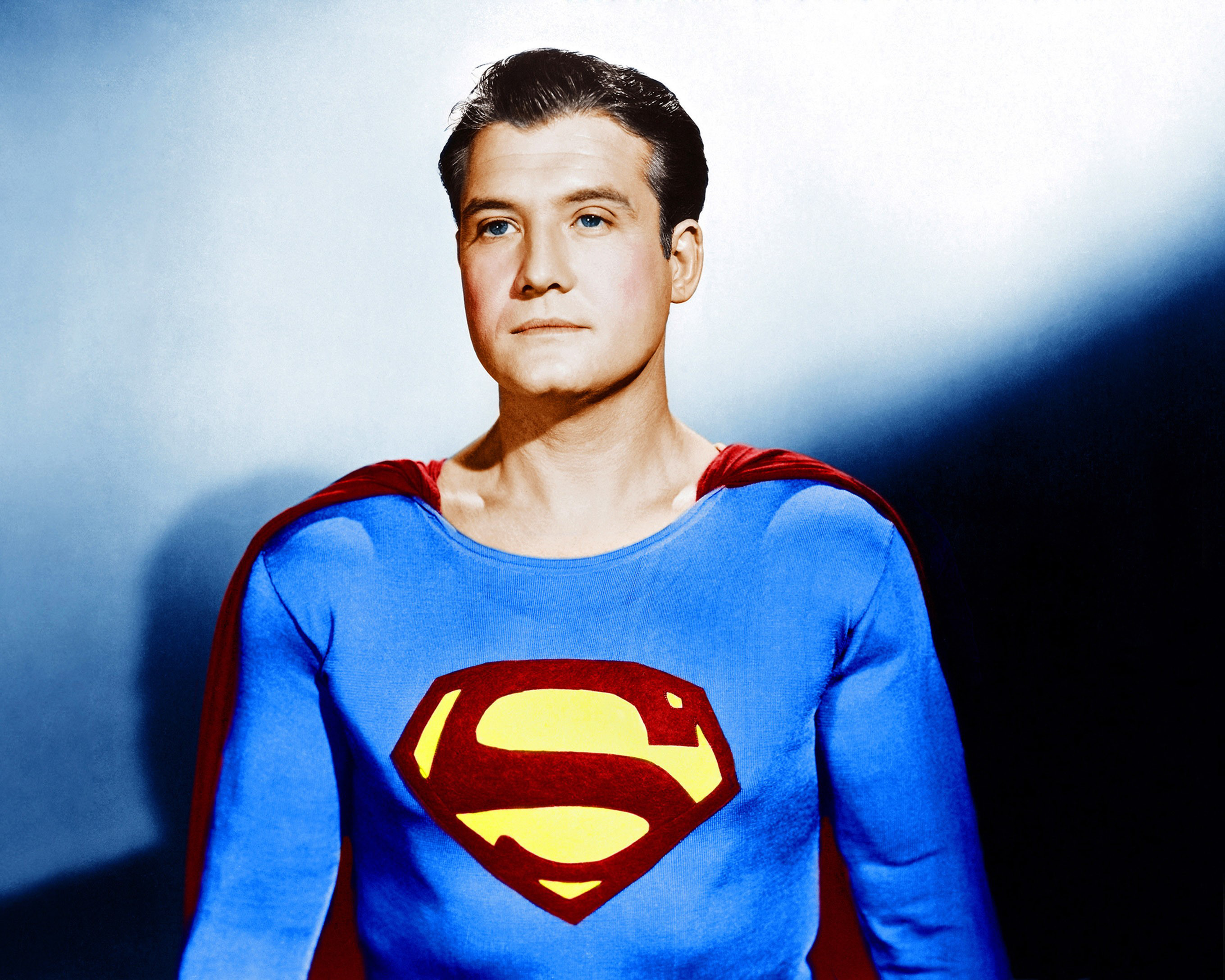
For generations, George Reeves was the definitive Superman.
MICHAEL J. HAYDE:
When I was a child, I was just in awe of him. You watched the episodes as a child and you see the moment when he's taking off his glasses and ducking into the store room and I would start to get goosebumps. It's the thrill all children get when they're seeing something that excites them. So in that respect, it's a lot of what has stayed with me. And, of course, as a child I had a fairly vivid imagination and I'd like to pretend that I was Superman. I would get the costume every year and I would wear it throughout the year. I even got cheap toy sunglasses and popped out the lenses so that I could be Clark Kent.
GARY GROSSMAN:
For kids, he was the embodiment of a fantasy that when we were in bed falling asleep, no matter what our days was, we could pretend we could do phenomenal things. That we could save our friends or get the bad guys or get a bully that maybe in real life we couldn't deal with in school. And all we needed to do was take off our glasses or jump into an outfit. And of course nobody could recognize us and we could do those impossible things. So, growing up I think Superman represented the possible to us in doing the impossible. He was the fantasy we wanted to live out.
JIM BEAVER:
He had an innate ability to take seriously something that kids took seriously, and at the same time connected to the audience in a way that let both children and adults feel like they were in on a secret. It was his persona that not only were we privy to his secret identity and all the other secrets that grew out of that dynamic, but that somehow or another we were connected to him and that he knew us. He knew we were out there and he made us feel like we were members of a club that nobody else was privy to. There are a lot of other superheroes and TV heroes who don't have what he had. It's a gift that George Reeves had that only a few actors are blessed with. And it doesn't even have a great deal to do with talent - not that he didn't have talent. There are a lot of talented people who can't do what he did in that role, and that is to connect on a personal level with the audience. I think
that
is his legacy.
This looks like a job for Superman!
When Lucy Met Superman: The Forgotten George Reeves/'I Love Lucy' Crossover Episode
The Unbreakable Bond Between Robin Williams and Christopher Reeve: A Friendship for the Ages
The ‘Smallville' Cast: Catch Up with the Stars of the Road-to-Superman Drama
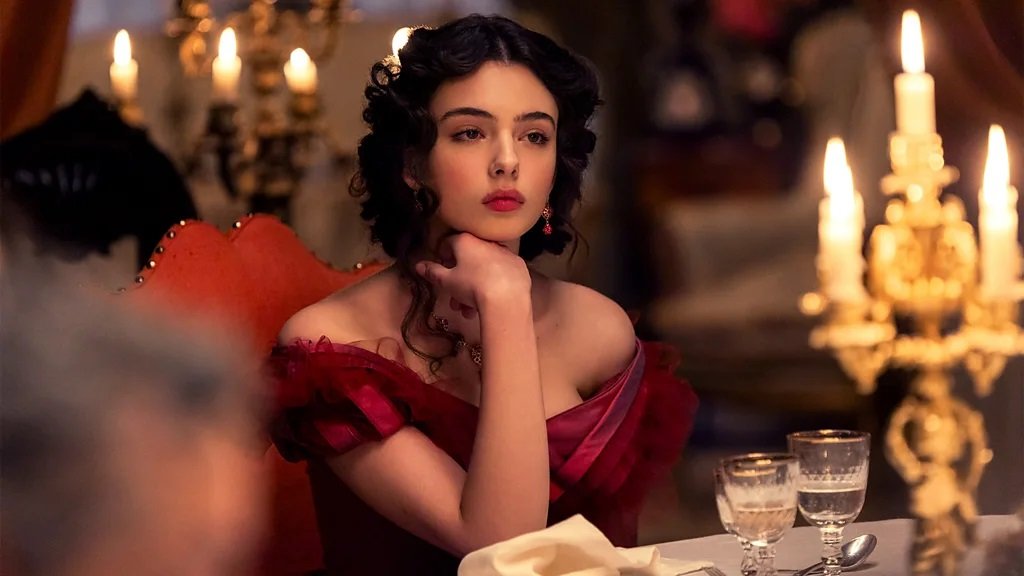
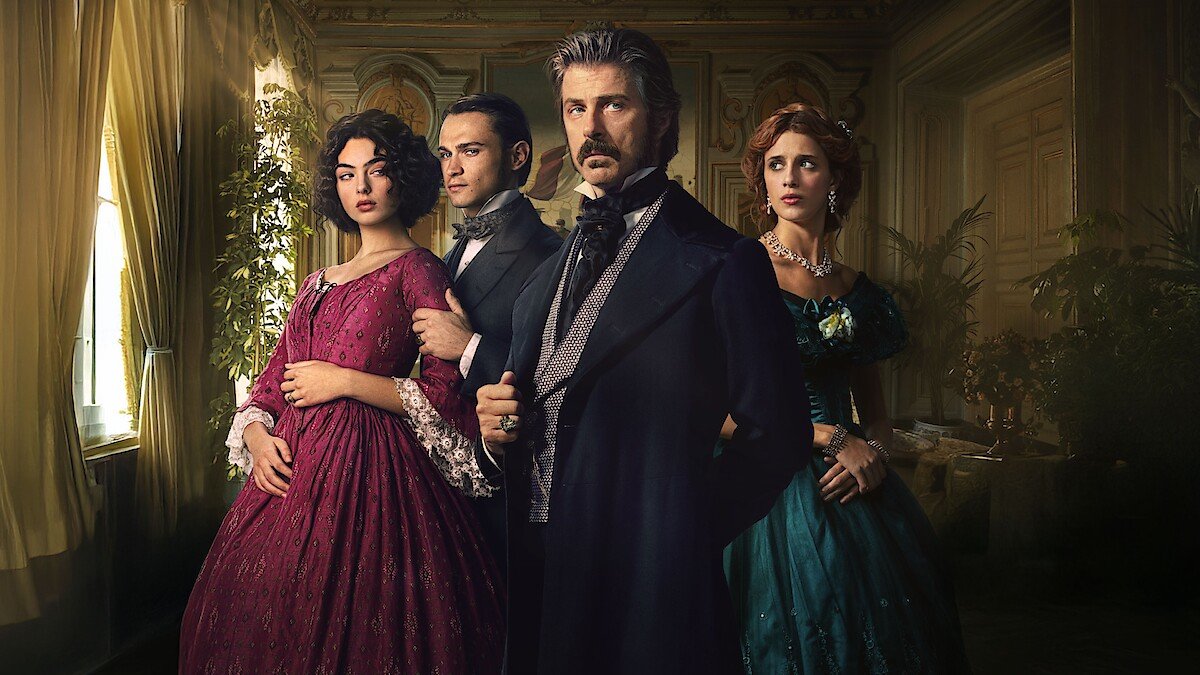
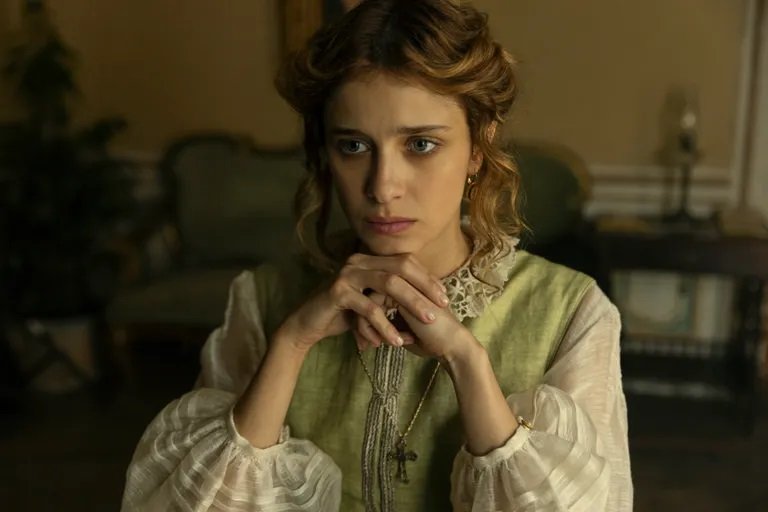
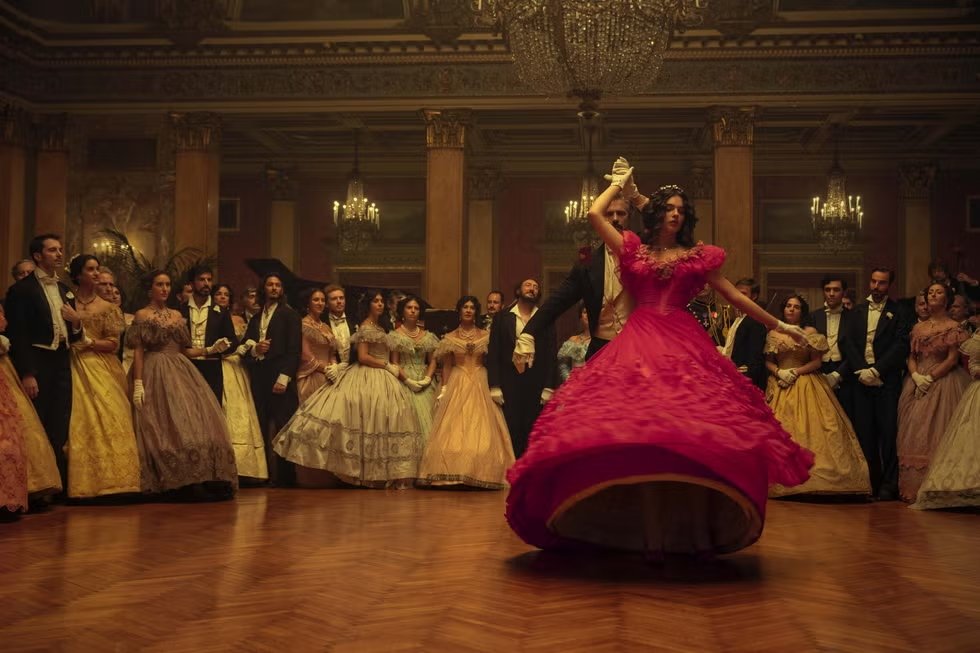
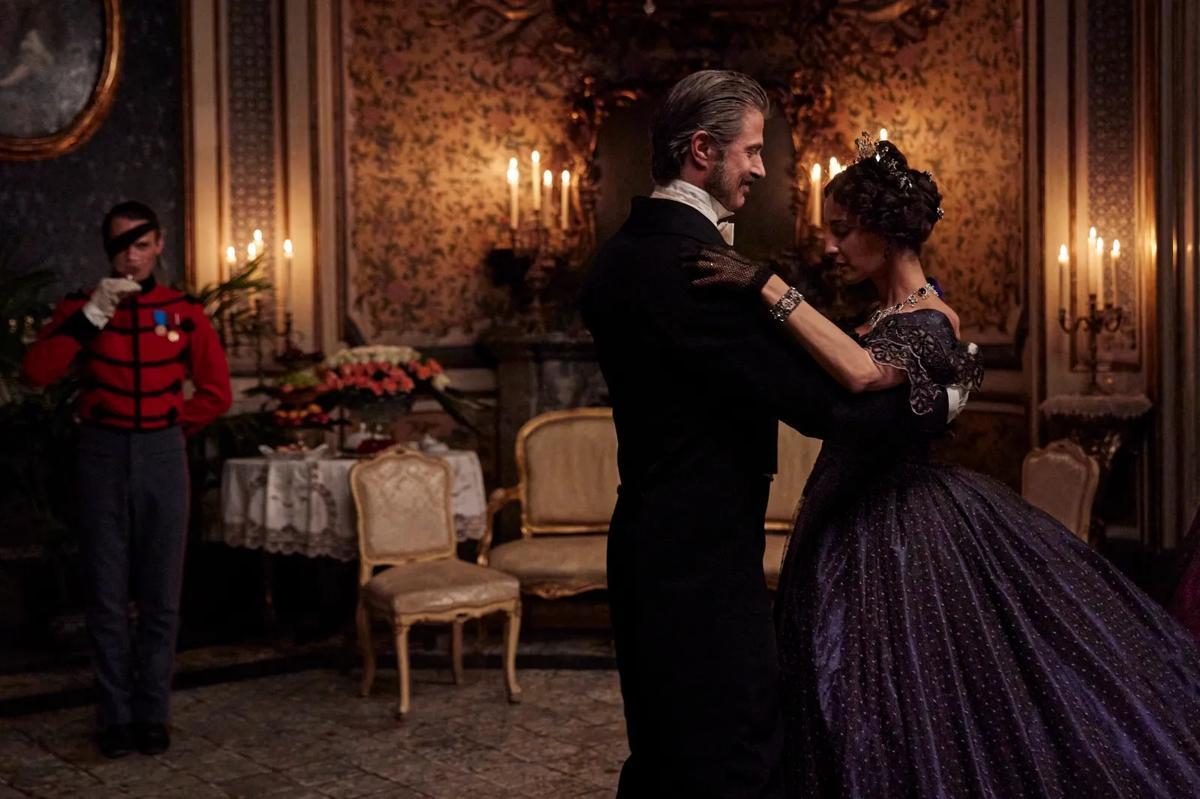
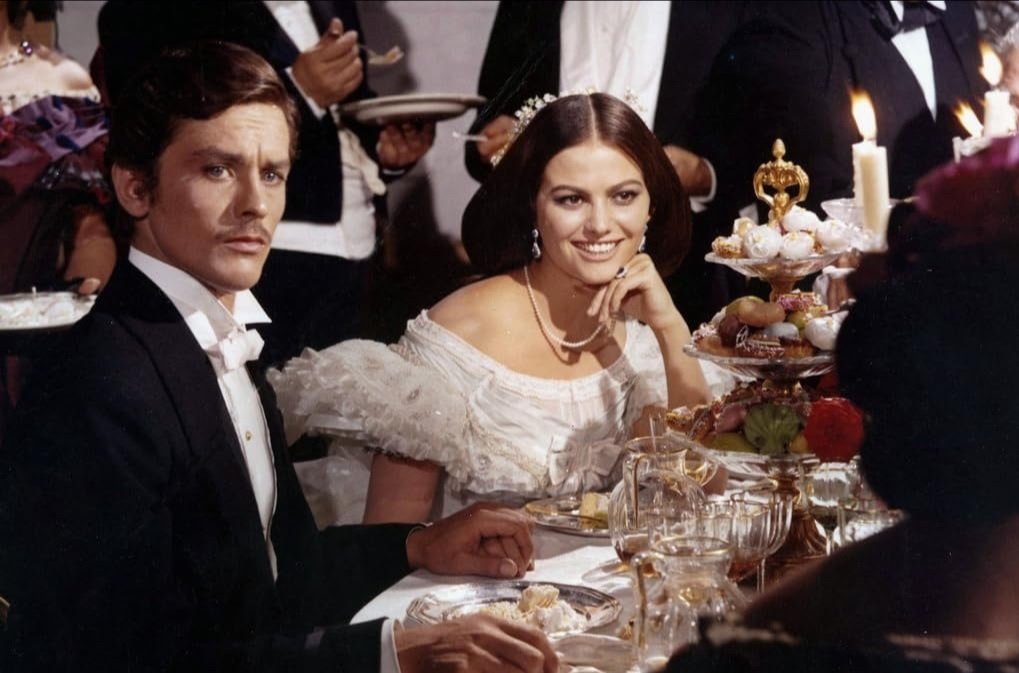
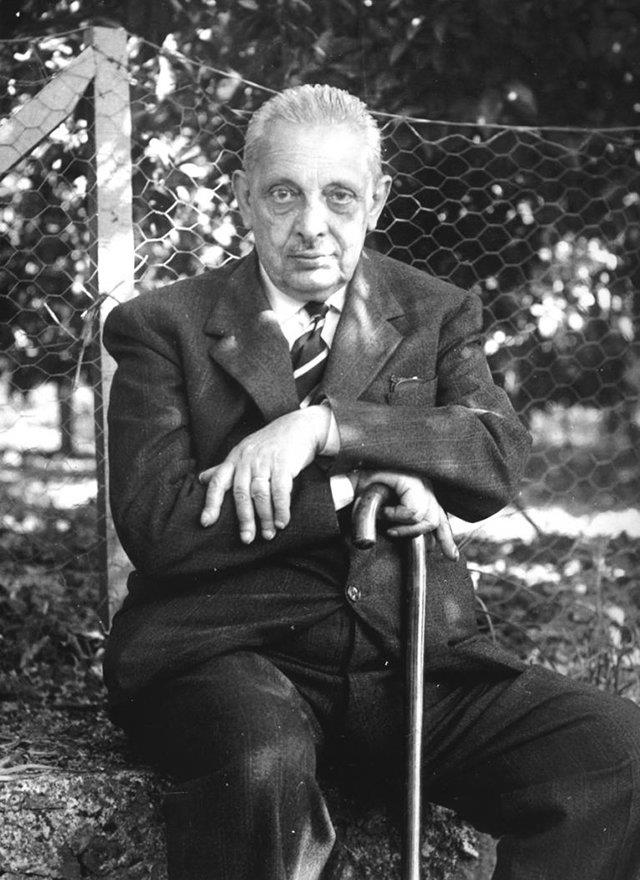
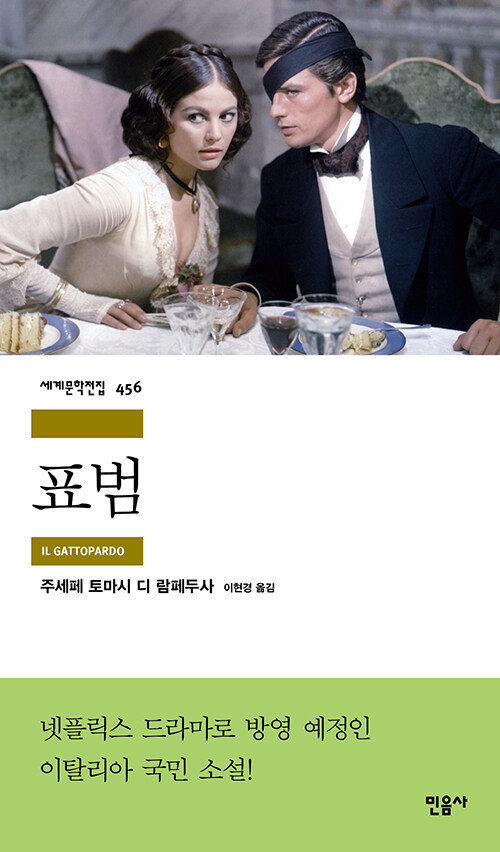
 The cover of the Superman oral history book,
Voices from Krypton
The cover of the Superman oral history book,
Voices from Krypton
 Entertainment
Entertainment
 George Reeves as Superman and Phyllis Coates as Lois Lane in 1951's
Superman and the Mole Men
.
George Reeves as Superman and Phyllis Coates as Lois Lane in 1951's
Superman and the Mole Men
.
 Entertainment
Entertainment
 George Reeves in 1940
George Reeves in 1940
 Entertainment
Entertainment
 George Reeves in a production of
Nightshade
at the Pasadena Playhouse.
George Reeves in a production of
Nightshade
at the Pasadena Playhouse.
 Entertainment
Entertainment
 George Reeves made his film debut in 1939's
Gone with the Wind
.
George Reeves made his film debut in 1939's
Gone with the Wind
.
 George Reeves starring in
Argentine Nights
with the Ritz Brothers and the Andrew Sisters in 1940.
George Reeves starring in
Argentine Nights
with the Ritz Brothers and the Andrew Sisters in 1940.
 Entertainment
Entertainment
 George Reeves and Claudette Colbert standing out on the deck in a scene from the film
So Proudly We Hail,
1943.
George Reeves and Claudette Colbert standing out on the deck in a scene from the film
So Proudly We Hail,
1943.
 Entertainment
Entertainment
 Behind-the-scenes shot of George Reeves on the set of
Adventures of Superman
.
Behind-the-scenes shot of George Reeves on the set of
Adventures of Superman
.
 Interacting with children and bringing them joy was a highlight of playing Superman for George Reeves.
Interacting with children and bringing them joy was a highlight of playing Superman for George Reeves.
 George Reeves dressed as Superman with Queta and Nati Vacio.
George Reeves dressed as Superman with Queta and Nati Vacio.
 George Reeves participates in a Milwaukee parade dressed as Superman.
George Reeves participates in a Milwaukee parade dressed as Superman.
 George Reeves and Judy Nugent from an episode of the series.
George Reeves and Judy Nugent from an episode of the series.
 Superman (George Reeves) gets ready to take flight in this behind-the-scenes image.
Superman (George Reeves) gets ready to take flight in this behind-the-scenes image.
 Entertainment
Entertainment
 George Reeves at ease with his friend Sam.
George Reeves at ease with his friend Sam.
 George Reeves at home, playing the guitar.
George Reeves at home, playing the guitar.
 George Reeves posing in his backyard as Superman.
George Reeves posing in his backyard as Superman.
 Original caption: American actor George Reeves, best known for his role as Superman in the television program
Adventures of Superman
, standing next to a train, circa 1950s.
Original caption: American actor George Reeves, best known for his role as Superman in the television program
Adventures of Superman
, standing next to a train, circa 1950s.
 Between scenes, George Reeves with the mother of series producer Whitney Ellsworth.
Between scenes, George Reeves with the mother of series producer Whitney Ellsworth.
 Tribute to George Reeves and
Adventures of Superman
at the Super Museum in Metropolis, IL.
Tribute to George Reeves and
Adventures of Superman
at the Super Museum in Metropolis, IL.
 George Reeves with comedian Danny Thomas, who in the 1950s was starring in
Make Room for Daddy
.
George Reeves with comedian Danny Thomas, who in the 1950s was starring in
Make Room for Daddy
.
 (Original Caption) Lenore Lemmon (left), the fiancee of TV Superman George Reeves, leaves Reeves' home following the actor's suicide here, June 16th. Miss Lemmon, an actress, said she planned to marry Reeves on June 19th. The man at the right is unidentified.
(Original Caption) Lenore Lemmon (left), the fiancee of TV Superman George Reeves, leaves Reeves' home following the actor's suicide here, June 16th. Miss Lemmon, an actress, said she planned to marry Reeves on June 19th. The man at the right is unidentified.
 (Original Caption) Mrs. Lescher Bessolo, (C), mother of the late actor , George "Superman" Reeves, leaves the funeral services for her son with Attorney Jerry Geisler, (L) and an unidentified funeral attendant.
(Original Caption) Mrs. Lescher Bessolo, (C), mother of the late actor , George "Superman" Reeves, leaves the funeral services for her son with Attorney Jerry Geisler, (L) and an unidentified funeral attendant.
 Behind the scenes on the episode "The Unlucky Number." With George Reeves is Noel Neill as Lois Lane.
Behind the scenes on the episode "The Unlucky Number." With George Reeves is Noel Neill as Lois Lane.
 Art Linkletter and George Reeves.
Art Linkletter and George Reeves.
 For generations, George Reeves was the definitive Superman.
For generations, George Reeves was the definitive Superman.
